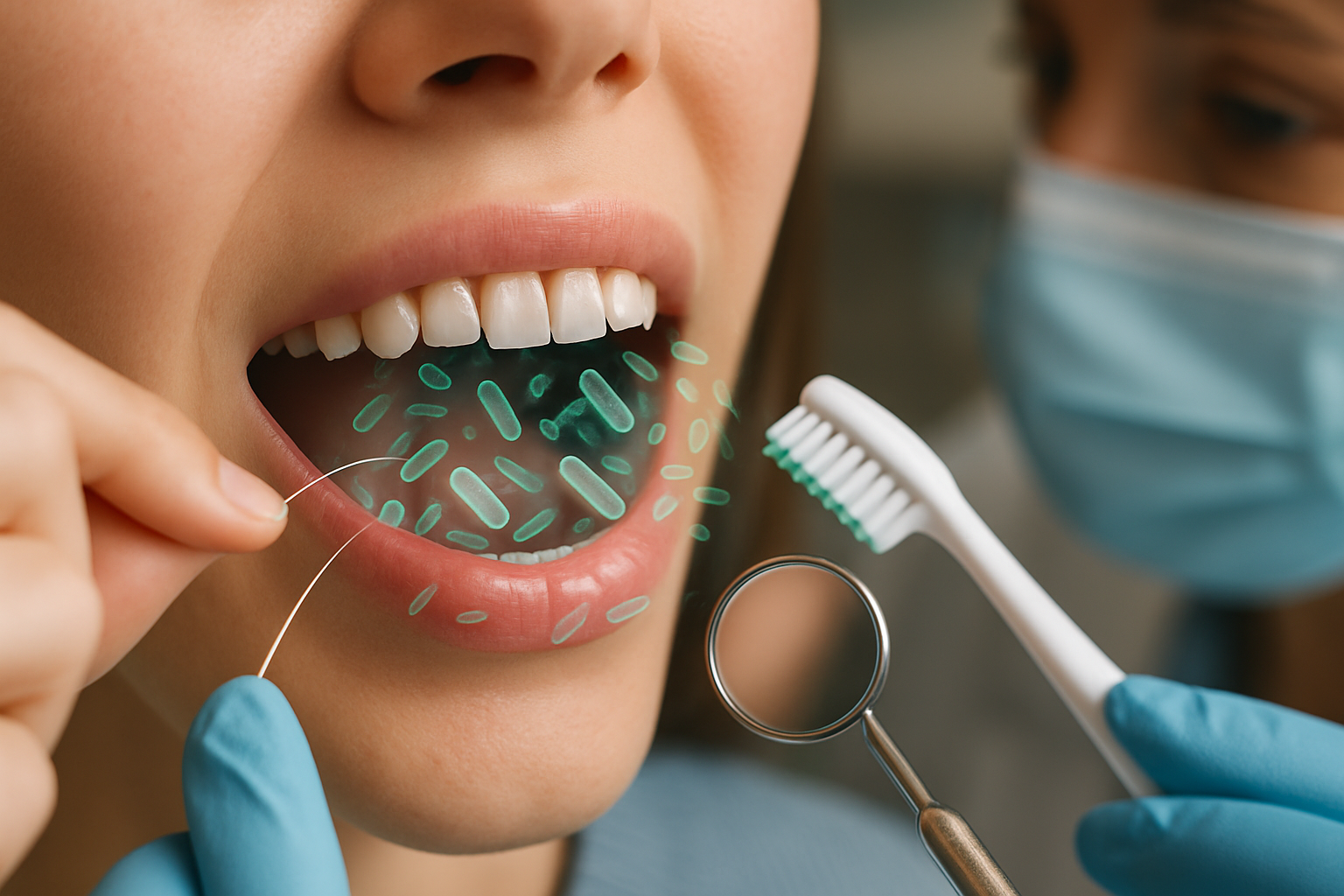Why Your Breath Smells Bad Even After Brushing (And What Might Help Fix It)
Many adults struggle with lingering bad breath, even after brushing, rinsing, and flossing. The surprising reason could be bacteria hiding deep on the tongue, dry mouth, or even certain foods and habits. Discover natural remedies and simple tools that may help eliminate odor and boost your confidence.

What causes bad breath even after brushing?
There are several reasons why your breath might still smell unpleasant after brushing. One of the primary culprits is bacteria. While brushing removes a significant portion of bacteria from your teeth and gums, it doesn’t eliminate all of them. Some bacteria can hide in hard-to-reach places, continuing to produce odor-causing compounds. Additionally, the tongue harbors countless bacteria in its grooves and crevices, which regular brushing might not effectively address.
How does dry mouth contribute to bad breath?
Dry mouth, or xerostomia, is another common cause of persistent bad breath. Saliva plays a crucial role in maintaining oral health by washing away food particles and neutralizing acids produced by bacteria. When your mouth doesn’t produce enough saliva, bacteria can thrive, leading to unpleasant odors. Certain medications, medical conditions, and lifestyle habits can contribute to dry mouth, exacerbating the problem of bad breath.
Can certain foods and habits affect breath odor?
Your diet and lifestyle choices can significantly impact your breath. Foods like garlic, onions, and certain spices contain volatile compounds that enter your bloodstream and are expelled through your lungs, causing odor that brushing alone can’t eliminate. Similarly, habits such as smoking or excessive alcohol consumption can dry out your mouth and leave lingering odors that persist even after brushing.
What role does oral health play in breath freshness?
Poor oral health is a significant contributor to bad breath. Conditions like gum disease, tooth decay, and oral infections can create pockets where bacteria thrive, producing foul-smelling sulfur compounds. Regular dental check-ups and addressing any underlying oral health issues are crucial steps in combating persistent bad breath.
Are there effective home remedies for fresh breath?
Discover the secret to fresh breath with these simple home remedies. Drinking plenty of water throughout the day can help stimulate saliva production and wash away odor-causing bacteria. Chewing sugar-free gum or sucking on sugar-free mints can also promote saliva flow. Additionally, incorporating natural breath fresheners like parsley, mint leaves, or cinnamon into your diet may help neutralize odors.
What tools and products can help eliminate bad breath?
To boost your confidence with these tips, consider incorporating specialized tools and products into your oral care routine. Tongue scrapers can effectively remove the bacterial buildup on your tongue’s surface. Alcohol-free mouthwashes containing chlorine dioxide or zinc ions can neutralize sulfur compounds responsible for bad odors. Some studies suggest that probiotic supplements may help balance the oral microbiome, potentially reducing bad breath.
| Product/Service | Provider | Key Features | Cost Estimation |
|---|---|---|---|
| Tongue Scraper | Dr. Tung’s | Stainless steel, curved design | $10-$15 |
| Alcohol-free Mouthwash | TheraBreath | Oxygenating formula, 24-hour fresh breath | $15-$20 per bottle |
| Oral Probiotic Supplement | Hyperbiotics | Targeted probiotic strains for oral health | $20-$30 per month |
| Water Flosser | Waterpik | Removes debris between teeth and along gumline | $50-$100 |
Prices, rates, or cost estimates mentioned in this article are based on the latest available information but may change over time. Independent research is advised before making financial decisions.
In conclusion, persistent bad breath even after brushing can be frustrating, but understanding its causes is the first step toward finding an effective solution. By addressing underlying issues like dry mouth, maintaining excellent oral hygiene, and incorporating specialized tools and products, you can significantly improve your breath freshness. Remember, if bad breath persists despite these efforts, it’s essential to consult with a dentist or healthcare professional to rule out any underlying medical conditions.
This article is for informational purposes only and should not be considered medical advice. Please consult a qualified healthcare professional for personalized guidance and treatment.




